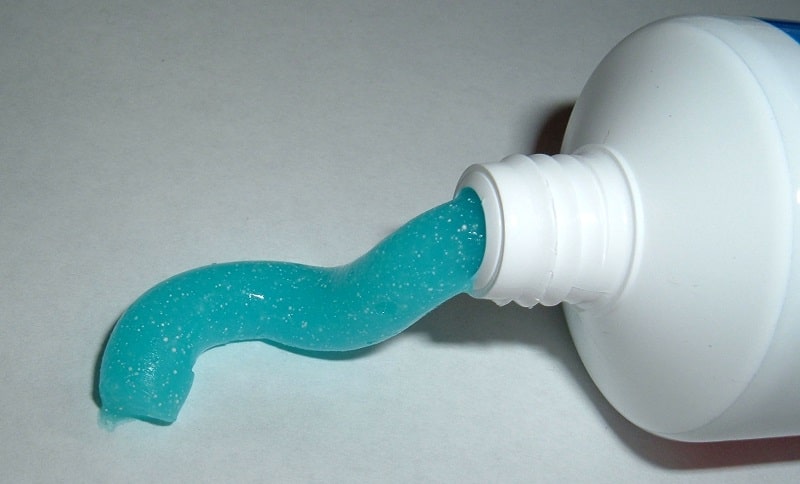Remove small scratches on furniture with toothpaste

Remove Small Scratches on Furniture with Toothpaste

Furniture adds beauty and functionality to our living spaces, but over time, it’s common for it to accumulate small scratches and scuffs. These imperfections can be unsightly and diminish the overall aesthetic appeal of your beloved furniture pieces. Fortunately, there’s a simple and cost-effective solution to restore their former glory: toothpaste. Yes, you read that right! Toothpaste, a common household item found in almost everyone’s bathroom, can work wonders in eliminating those annoying small scratches.

How does toothpaste remove small scratches on furniture?
To understand how toothpaste effectively removes small scratches, we need to delve into its composition. Toothpaste consists of several key elements such as mild abrasives, detergents, and polishing agents. These ingredients make it an excellent candidate for gently buffing out scratches on various surfaces, including wood and plastic.
When applying toothpaste, it’s essential to choose a plain white paste, devoid of any gels or colored stripes, as these may contain additional elements that could damage your furniture’s finish. Additionally, it’s recommended to opt for a non-gel toothpaste, as the grittiness of traditional toothpaste delivers better results.
Step-by-step guide to removing small scratches with toothpaste
Clean the surface: Begin by cleaning the furniture surface thoroughly to remove any dirt, dust, or grime that may hinder the effectiveness of the toothpaste. Use a soft cloth and a gentle cleaner to ensure the area is free of any debris.
Apply toothpaste: Squeeze a small amount of toothpaste onto a clean, soft cloth or cotton swab. Gently rub the toothpaste onto the scratched area using small circular motions. Be sure to apply even pressure and continue for about a minute or so.
Wipe off excess toothpaste: After the toothpaste has been applied to the scratches, take a clean, damp cloth and wipe away any excess toothpaste. Use gentle strokes to ensure you don’t damage the surrounding areas.
Buff the surface: To achieve a smooth finish, buff the treated area with a clean, dry cloth. Continue rubbing in circular motions until the scratched surface appears restored and blends seamlessly with the rest of the furniture.
Assess and repeat if necessary: Once you’ve completed the process, take a step back and assess the outcome. If the scratches are still visible, you can repeat the steps until you achieve the desired result. It’s important to note that deeper scratches may require professional repair or more advanced techniques.
Precautions and tips when using toothpaste on furniture
Always perform a spot test: Before applying toothpaste to a visible area, test it on an inconspicuous spot to ensure it doesn’t cause any unexpected damage.
Choose the appropriate toothpaste: Stick to plain white, non-gel toothpaste without any additives to avoid potential discoloration or staining.
Gentle pressure is key: Apply toothpaste using gentle pressure and circular motions to avoid exacerbating the scratches or damaging the furniture’s surface.
Clean afterward: Once you’re satisfied with the scratch removal, clean the entire surface with a damp cloth to remove any residue.
In conclusion, toothpaste can serve as a remarkable solution for removing small scratches on furniture. Its mild abrasives and polishing agents can effectively minimize the appearance of scratches, giving your furniture a renewed look. However, always exercise caution, follow the recommended steps, and remember that more severe scratches may require professional attention. So why not harness the power of toothpaste and bid farewell to those pesky scratches on your furniture?
Tags
Share
Related Posts
Quick Links
Legal Stuff

